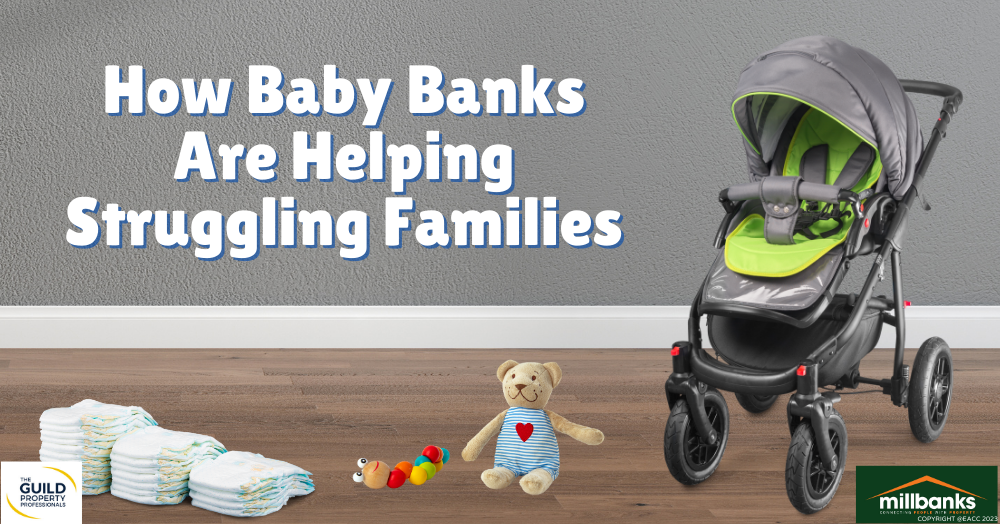

Get in touch with us
Nearly one in four agreed house sales in Attleborough failed to complete in 2025, a figure that catches many homeowners by surprise. This article explains why so many moves fall through, what it really costs local sellers, and the practical steps Attleborough homeowners can take to reduce risk and improve their chances of a successful move.
This superbly presented 4-bed detached family home in Attleborough offers modern, comfortable living. Including dual-aspect lounge with ornamental fireplace, versatile dining/study, spacious kitchen/breakfast
Take a 'Virtual Tour', Modernised 4-Bed Family Home, Well Presented and Ideal for the Centre of Town
Discover this superb modernised detached four-bedroom family home on Springfields, Attleborough, ideal for the centre of town. Boasting two reception rooms, two shower rooms, and a refitted kitchen, this home also includes a utility room, as well as a study/home office, and has a good size rear garden.
Discover this superb modernised detached four-bedroom family home on Springfields, Attleborough, ideal for the centre of town. Boasting two reception rooms, two shower rooms, and a refitted kitchen, this home also includes a utility room, as well as a study/home office, and has a good size rear garden.